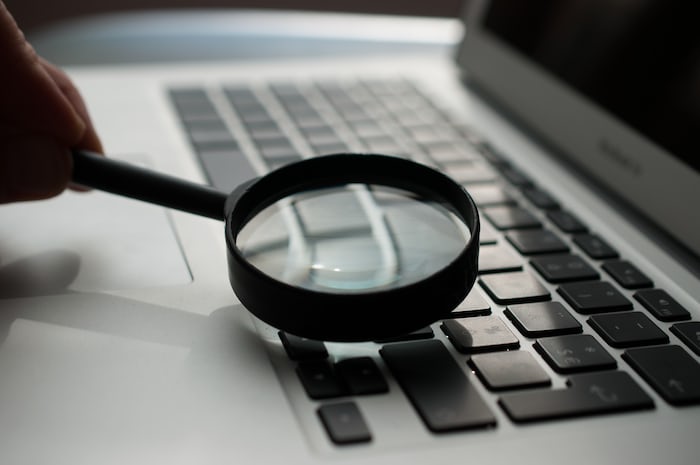The rapid spread of misinformation and disinformation, commonly known as “fake news,” has become a mounting concern worldwide. This issue is particularly pronounced in Nigeria, where false claims have impacted election integrity, public health, and security. To address this problem, the Brain Builders Youth Development Initiative (BBYDI) has developed an AI-powered fact-checking tool called FactCheck Africa.
BBYDI is a Nigerian civic society organisation aiming to tackle fake news around governance, climate, and sustainable development through technology. As Alamin Musa, BBYDI’s product lead, explained, “FactCheck Africa uses AI and credible news sources to verify claims.”
The solution centers on an accessible web application. Users simply enter a claim, and FactCheck Africa’s artificial intelligence engine analyses the statement’s validity. It searches the internet and scans top media outlets to scrutinise the claim, providing a clear “true” or “false” result. If uncertain, it acknowledges this openly to maintain transparency.
BBYDI demonstrated the tool for TechCabal using a popular fake story about a former president’s death. Within seconds, FactCheck Africa returned the verdict as false, along with primary and secondary sources and sentiment analysis. This rapid process leverages the power of AI to expedite fact-checking.
Supplementing the AI, FactCheck Africa also incorporates insights from trustworthy journalistic sources. This hybrid approach aims for optimal accuracy and credibility. During elections, BBYDI shared fact-checks via radio broadcasts, reaching over 10 million Nigerians. For accessibility, the tool includes English, Hausa, Yoruba, Igbo and French translations.
BBYDI has undertaken initiatives against misinformation since 2020, including KnowCovid19Ng and FactcheckElectionsNG. FactCheck Africa consolidates these efforts into one far-reaching solution. It aligns with BBYDI’s commitment to universal access by meeting users where they are, online or offline.
In September 2022, FactCheck Africa was a finalist in the US West African Tech Challenge, securing vital funding to expand regionally. Planned improvements include media literacy partnerships, USSD code access, and an AI gaming platform to engage youth.
However, scaling FactCheck Africa faces hurdles like driving adoption and overcoming limited digital access, especially in rural areas. Regardless, BBYDI is confident its civic engagement expertise will enable it to reach marginalised communities. Partnering with journalists also broadens their fact-checking network significantly.
The organisation aims to make FactCheck Africa the go-to platform for authenticating claims and stemming misinformation across West Africa. With tailored localisation and multilingual capability, it has strong potential to achieve this goal and equip citizens against falsehoods.





